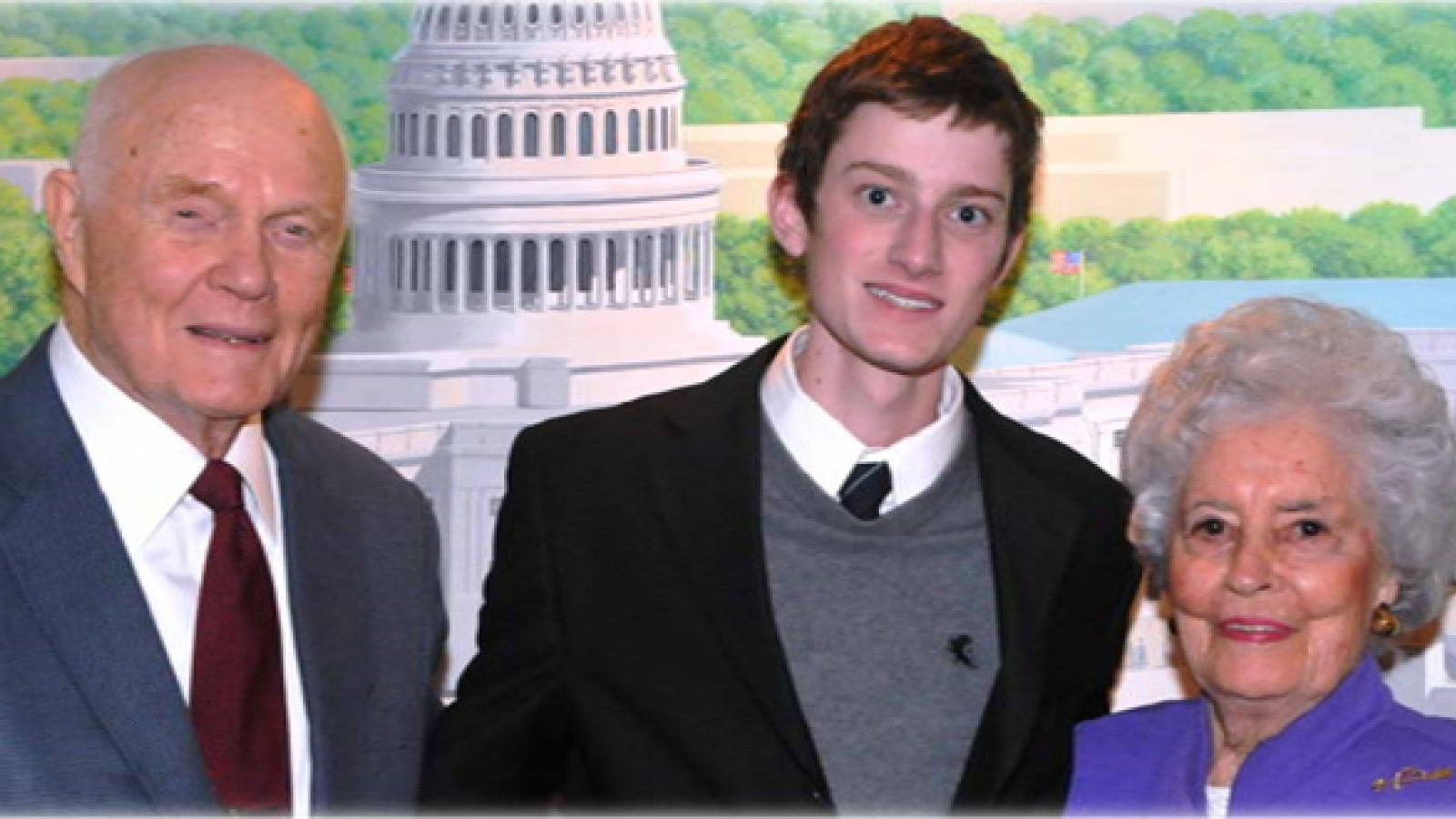An [Im]perfect Path to Employment
John Hunter
Whether you are an incoming freshman or starting your “victory lap” as a fifth-year senior, you have probably given at least a fleeting thought to the dreaded life after the completion of an undergraduate degree at The Ohio State University.
While telling my [im]perfect path to post-graduate employment, I hope you will be able to learn something about the oft-vague and difficult process of getting a job.
I started at Ohio State in September 2007 as an “Out of Stater” from Pittsburgh. From the onset, I knew my major would be International Studies. Lesson One: To get the maximum benefit from all that OSU has to offer – internships, student organizations, study-abroad programs – declare your major early.
Freshman year involved taking three Spanish language courses before failing to pass the SLRPE. Lesson Two: Listen to your failures; they’re telling you where not to go. Letting go of what’s not working for you will free you up to figure out what you’re ultimately better at.
The start of my sophomore year included one of the most obscure courses offered by OSU, Serbo-Croatian 101, which became a vital part of my Slavic minor. Lesson Three: Take advantage of the unmatched course offerings at OSU by taking a course about a subject that you are either uncomfortable or unfamiliar with, whether that be a rare language (like Bosnian, Croatian and Serbian) or the superb Int’l Stds 501 series (like Living Jerusalem, offered every Spring).
At the beginning of Winter quarter of my junior year, I took the initiative to expand my international experience outside of academics by taking an internship for International Studies credit at Community Refugee and Immigration Services (CRIS). I ended up interning at CRIS until Winter Break of my senior year. Lesson Four: Get internship experience to enhance your academic experience.
I travelled to Jerusalem for two weeks as a supplemental part of the Int’l Studies 501: Living Jerusalem course in the summer between my Junior and Senior years. This trip is hopefully going to be offered again in June 2012. Lesson Five: Study Abroad trips, regardless of length or location, will always allow you to mature personally, academically, and professionally.
During Winter quarter of my senior year, I interned and lived in Washington, DC as a Glenn Fellow in the John Glenn School of Public Affairs’ Washington Academic Internship Program (WAIP). Lesson Six: Build upon your three years of collegiate experience with a senior capstone experience like WAIP, a semester study abroad trip, research project/thesis, or another internship.
My college career ended in DC with my graduation in March 2011 because three internships, two study abroad trips, and a major and minor later I was ready to enter the professional world.
From March until June, I engaged in the impersonal, tedious, and arduous process of finding a job. After fifty-plus job applications, I interviewed for, received, and took a Government Relations Program Assistant position with a non-profit organization in Washington, the Parkinson’s Action Network. Lesson Seven: Perseverance cannot be understated as the most important attribute necessary during the job searching process. It can be extremely difficult to maintain optimism in a process that you have very little control over and that takes you through the emotional highs and lows of job interviews and rejection letters.
When people ask me how I ended up getting a job, I tell them my [im]perfect path: the complex mosaic of my life between high school and the receiving of my college diploma. I cannot identify one specific part of my path that allowed me to get the job offer, because the entire mosaic is the reason I am working on K Street, five blocks from The White House in Washington, DC.

